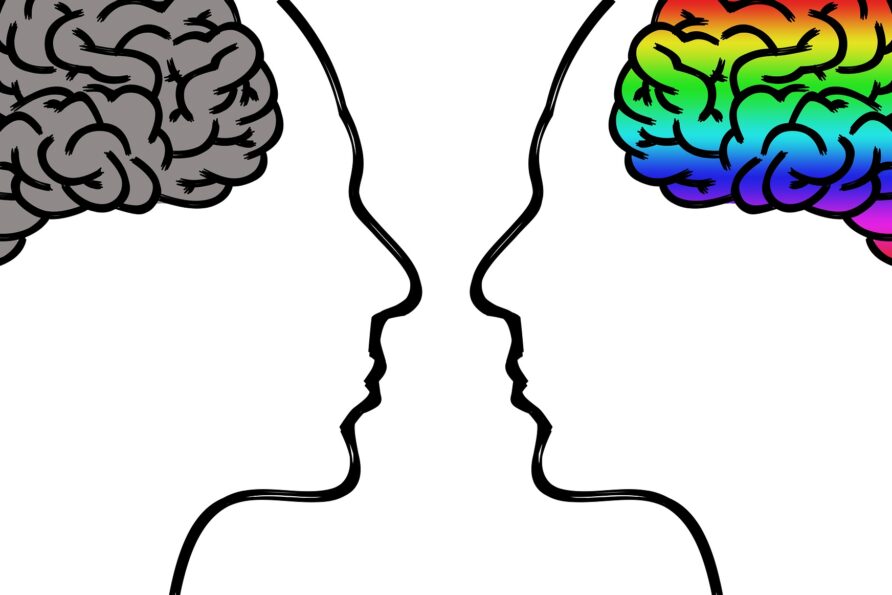Can I borrow your brain for a moment?
One of the things, which a men’s shed offers its members is access to a range of tools and space to carry out projects in the company and with the support of others.
In this environment some of the common requests you might hear include:
“Can I borrow the hammer when you have finished with it, I have left mine at home?”
“Would you mind holding the door as I do up the screws on the hinges?”
“Can you show me how to use the mitre saw?”
These examples of cooperation, collaboration and community are some of the fundamentals of a Men’s shed.
However, they are not the only aspects of mutual sharing and cooperation which takes place in a Men’s shed and which make a shed a special place.
More importantly Men’s Sheds are also known for the care and support shed members provide for one another.
Recently I was listening to a lecture by Professor Jeremy Holmes on the work of John Bowlby on Attachment Theory and Psychotherapy.
He explained that in times of stress people are less able to process their circumstances because their brains are preoccupied by their emotions rather than the practical aspects of the event.
In a therapeutic context a therapist is able to help the person by supporting them to process their circumstances, by in effect lending the calm and unstressed brain of the therapist.
When I heard this I realised that in a Men’s Shed this is exactly the sort of supportive transaction which takes place between members. A member might be bereaved or be going through the break down of a long term relationship or be facing a serious medical condition. In such circumstances people will often be preoccupied with the emotions of their situation and unable to think things through.
In this situation, other shed members may be able to help them process what is happening by in effect lending them their unstressed brain. They don’t need to provide advice but, by simply remaining calm, will enable their fellow member to express their emotions and have the facts and reality of the situation reflected back.
This is sometimes done by member’s sharing their own stories and experiences. In effect they help their fellow member solve his own problem by lending their brain to do some of the processing for them.
So perhaps the offer of support to the man who is hurting is not just the offer of an arm around the other man’s shoulders in the safe space of the Men’s Shed but also the loan of another member’s brain for careful listening and reflection. This enables the hurting member to process their circumstances and come to a new place of understanding.
By Andy Ryland, Development Officer at Community First Yorkshire.

